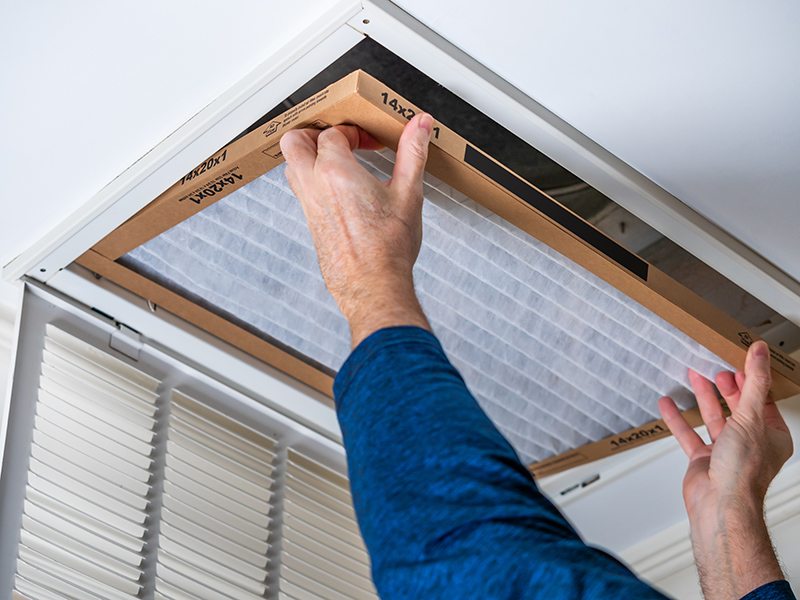Understanding the difference between MERV and MPR can help you make an informed decision when selecting the right air filter for your needs.
When shopping for air filters, you may come across terms like MERV and MPR ratings. These ratings help determine the effectiveness of an air filter in capturing particles. Understanding the difference between MERV and MPR is imperative. It can help you make an informed decision when selecting the right air filter for your needs. This article will explain what a MERV rating measures and what an MPR rating measures. We also go over which rating you should consider when buying an air filter.
What Does MERV Rating Measure?
MERV stands for Minimum Efficiency Reporting Value. It’s a rating that measures an air filter’s ability to capture airborne particles. The MERV ratings range from 1 to 16. A higher number means it has a higher level of filtration efficiency. A higher MERV rating means that the filter can capture more particles of various sizes. The MERV rating focuses on larger particles, ranging from 1 to 10 microns in size. It measures the filter’s ability to trap particles like dust, pollen, pet dander, and mold. Higher MERV-rated filters are best for households who suffer from allergies or asthma.
What Does MPR Rating Measure?
MPR, or Microparticle Performance Rating, is a rating system developed by 3M. Unlike MERV, MPR focuses on capturing smaller particles between 0.3 and 1 micron in size. MPR ratings range from 100 to 2800. Higher numbers mean better filtration performance for smaller particles. MPR ratings take into account the filter’s ability to capture microparticles. These include smoke, bacteria, viruses, and microscopic allergens. These tiny particles can contribute to poor indoor air quality and may pose health risks. This is especially true for those with respiratory conditions or sensitivities.
Which Rating Should You Consider When Buying an Air Filter?
When choosing an air filter, consider your needs and the air quality concerns in your home. If you’re concerned about dust, pollen, and pet dander, look for a filter with a higher MERV rating. These filters are effective at capturing larger particles. They also improve indoor air quality and reduce allergens in your home. If you’re more concerned about smoke, bacteria, and viruses, an air filter with a higher MPR rating is best. These filters capture microparticles, helping to create a cleaner and healthier living space.
Contact Us
Knowing the difference between MERV and MPR ratings can help you choose the right air filter. MERV ratings focus on the efficiency of capturing larger particles. MPR ratings emphasize the filtration of smaller microparticles. To choose the best filter for you, you must consider your specific air quality needs. If you need help finding a filter for your indoor air quality needs, contact us today.

